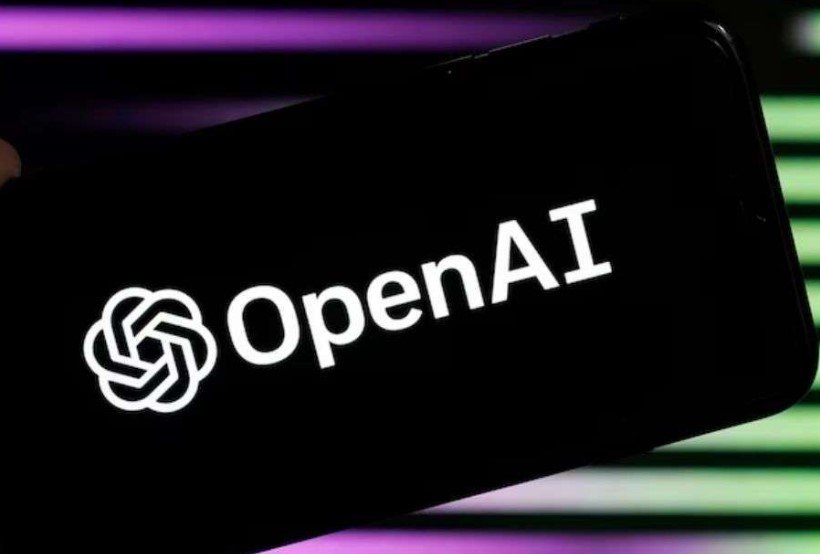OpenAI unveiled its new web browser called Atlas on October 21, 2025, in San Francisco, marking a bold move to rival Google Chrome by integrating artificial intelligence directly into everyday browsing. This launch positions the company, known for its popular ChatGPT tool, as a direct competitor in the browser market, aiming to attract users who want smarter ways to search and interact with the web.
What Makes Atlas Stand Out
Atlas builds on OpenAI’s strength in AI by embedding ChatGPT features right into the browser. Users can chat with web pages, get instant summaries of articles, or even automate tasks like booking flights without leaving the site.
This integration goes beyond what current browsers offer. For example, while Google Chrome focuses on speed and extensions, Atlas lets you ask questions about the content you view in real time. Early users report it feels like having a personal assistant built in.
OpenAI designed Atlas to remember your preferences across sessions, making it more personalized over time. The browser launched first for Mac users, with plans to expand soon.

How It Competes with Google
Google Chrome holds over 60 percent of the global browser market share as of 2025, according to recent industry reports. OpenAI aims to chip away at that by offering AI driven tools that could change how people use the internet.
The launch comes amid growing competition in AI enhanced browsing. Companies like Perplexity have released similar tools, but Atlas stands out with its deep ties to ChatGPT, which already boasts over 800 million users worldwide.
This move could shift ad revenue, as more users might rely on AI summaries instead of clicking through sites. Publishers worry about losing traffic, while OpenAI sees a chance to monetize through subscriptions and ads.
Experts note that breaking into the browser space is tough. Google has built loyalty through seamless integration with services like Gmail and YouTube.
Here is a quick comparison of key browsers:
| Browser | Market Share (2025) | Key AI Feature | Availability |
|---|---|---|---|
| Google Chrome | 62% | Basic AI search suggestions | All platforms |
| OpenAI Atlas | Emerging | Chat with pages and task automation | Mac first, expanding |
| Microsoft Edge | 5% | Copilot integration | Windows focused |
| Perplexity Comet | Niche | AI driven queries | Limited release |
Potential Impact on Users and Industry
For everyday users, Atlas promises to make browsing faster and more intuitive. Imagine summarizing a long report or extracting data from a webpage with a simple chat command. This could save time for students, professionals, and casual surfers alike.
On the industry side, the launch intensifies the AI arms race. OpenAI’s entry follows recent events like Google’s antitrust case, where regulators questioned Chrome’s dominance. Although a forced sale of Chrome was rejected in court last month, it highlights ongoing scrutiny.
Advertisers might need to adapt if AI browsers reduce traditional clicks. OpenAI could gain from this shift by drawing more traffic to its ecosystem.
However, challenges remain. Privacy concerns arise with AI tracking user habits, and OpenAI must prove Atlas is secure against data breaches.
Future Plans and Rollout
OpenAI plans to roll out Atlas to Windows, iOS, and Android in the coming weeks. The company hints at adding more features, like agent tools that handle complex tasks independently.
Sam Altman, OpenAI’s CEO, described it as a chance to rethink browsers for the AI era. He emphasized building a tool that evolves with user needs.
To support growth, OpenAI is exploring partnerships, similar to its recent deals with companies like Shopify for ChatGPT integrations.
Expert Views and Broader Context
Analysts from firms like Forrester predict a tough road ahead for Atlas due to Chrome’s stronghold. Yet, they see potential if OpenAI leverages its massive user base.
This launch ties into broader trends, such as the rise of AI in daily tech. For instance, Microsoft’s Edge has added Copilot, showing the industry shift toward intelligent tools.
Some key benefits users might enjoy include:
- Faster information gathering through AI summaries.
- Personalized browsing with memory of past interactions.
- Reduced need for multiple tabs by handling queries in place.
- Potential for new revenue models beyond ads.
In a world where AI shapes more of our digital lives, Atlas could redefine competition.
What do you think about this new browser? Share your thoughts in the comments below and spread the word if you found this article helpful.








